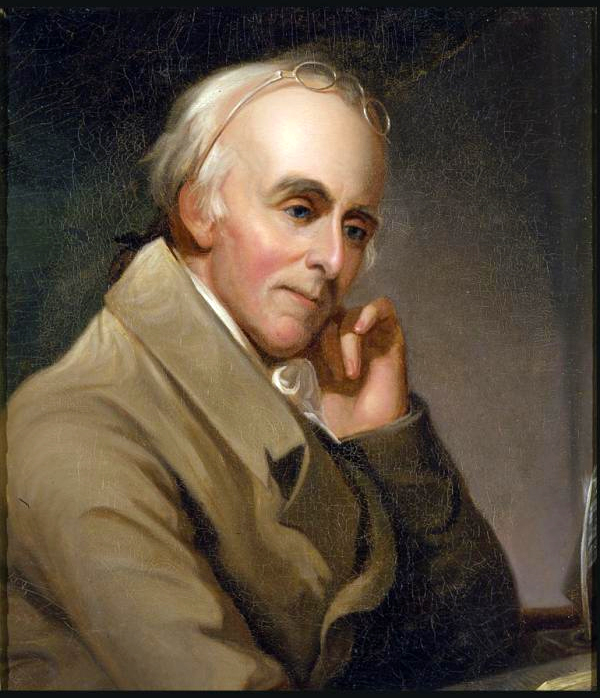As quoted by Terry Dorian, Total Health and Restoration: A 180-Day Journey (2002), p. 49. Other versions include:
[The] Constitution of this republic should make special provisions for medical freedom as well as religious freedom ... To restrict the art of healing to one class of men and deny equal privilege to another will constitute the Bastille of medical science. All such laws are un-American and despotic. They are fragments of monarchy and have no place in a republic. [in Robert L. Schwartz, "Laetrile: The Battle Moves into the Courtroom," American Bar Association Journal, February 1979, p. 226, no citation given]
Unless we put medical freedom into the constitution the time will come when medicine will organize into an undercover dictatorship and force people who wish doctors and treatment of their own choice to submit to only what the dictating outfit offers.
Laws restricting the practice of the healing art to one class of physicians and denying equal privileges to others, constitutes the Bastilles of Medicine, for they prevent progress. They are relics of Monarchy, and therefore have no place in a Republic. [in Thomas Morgan, "National Board of Health. The Other Side of the Question, As It Appears to Thomas Morgan," Youngstown Vindicator, 27 January 1911, p. 6]
This quote is often cited with regards to Rush, and can rarely be found attributed to his autobiography, but does not exist in that book http://books.google.com/books?id=EkTM9Kn9F4IC&q=%22into+the+constitution%22#v=onepage&q=%22into%20the%20constitution%22&f=false http://hpy.sagepub.com/content/16/1/89.abstract. The quote contains words and phrasing that seem anachronistic to late 18th century America.
Misattributed
Benjamin Rush: Citations en anglais
Source: A Memorial Containing Travels Through Life or Sundry Incidents in the Life of Dr Benjamin Rush
Education Agreeable to a Republican Form of Government http://books.google.com/books?id=iquJqc4QPDwC&pg=PA97&dq=%22Freedom+can+exist+only+in+the+society+of+knowledge.+Without+learning,+men+are+incapable+of+knowing+their+rights+%22&hl=en&ei=0SBGTM3zIZCmnQfxsb38Aw&sa=X&oi=book_result&ct=result&resnum=2&ved=0CCoQ6AEwAQ#v=onepage&q=%22Freedom%20can%20exist%20only%20in%20the%20society%20of%20knowledge.%20Without%20learning%2C%20men%20are%20incapable%20of%20knowing%20their%20rights%20%22&f=false
A Defence of the Use of the Bible in Schools American Tract Society, 1820. http://www.biblebelievers.com/Bible_in_schools.html
Letter to Thomas Jefferson, 6 October 1800 http://founders.archives.gov/documents/Jefferson/01-32-02-0120,” Founders Online, National Archives. Source: The Papers of Thomas Jefferson, vol. 32, ed. Barbara B. Oberg. Princeton: Princeton University Press, 2005, pp. 204–207
our government
Attributed to A Defence of the Use of the Bible in Schools; entries in parenthesis are insertions or modifications of the original quote.
Misattributed
Provisions of the Last Will and Testament of Dr. James Rush http://books.google.com/books?id=lSowTqXCyyUC&pg=PA13&dq=%22dreaded+by+the+advocates+of+error%22&hl=en&ei=NCJGTP-fBJ-QnwfB8K2uBA&sa=X&oi=book_result&ct=result&resnum=13&ved=0CGQQ6AEwDA#v=onepage&q=%22dreaded%20by%20the%20advocates%20of%20error%22&f=false
[Rush, Benjamin, 1792, The New Method of Inoculating for the Small-Pox, Parry Hall, Philadelphia]
An Address to the inhabitants of the British Settlements on the Slavery of the Negroes in America., page 19
Letter to Price, May 25, 1786
